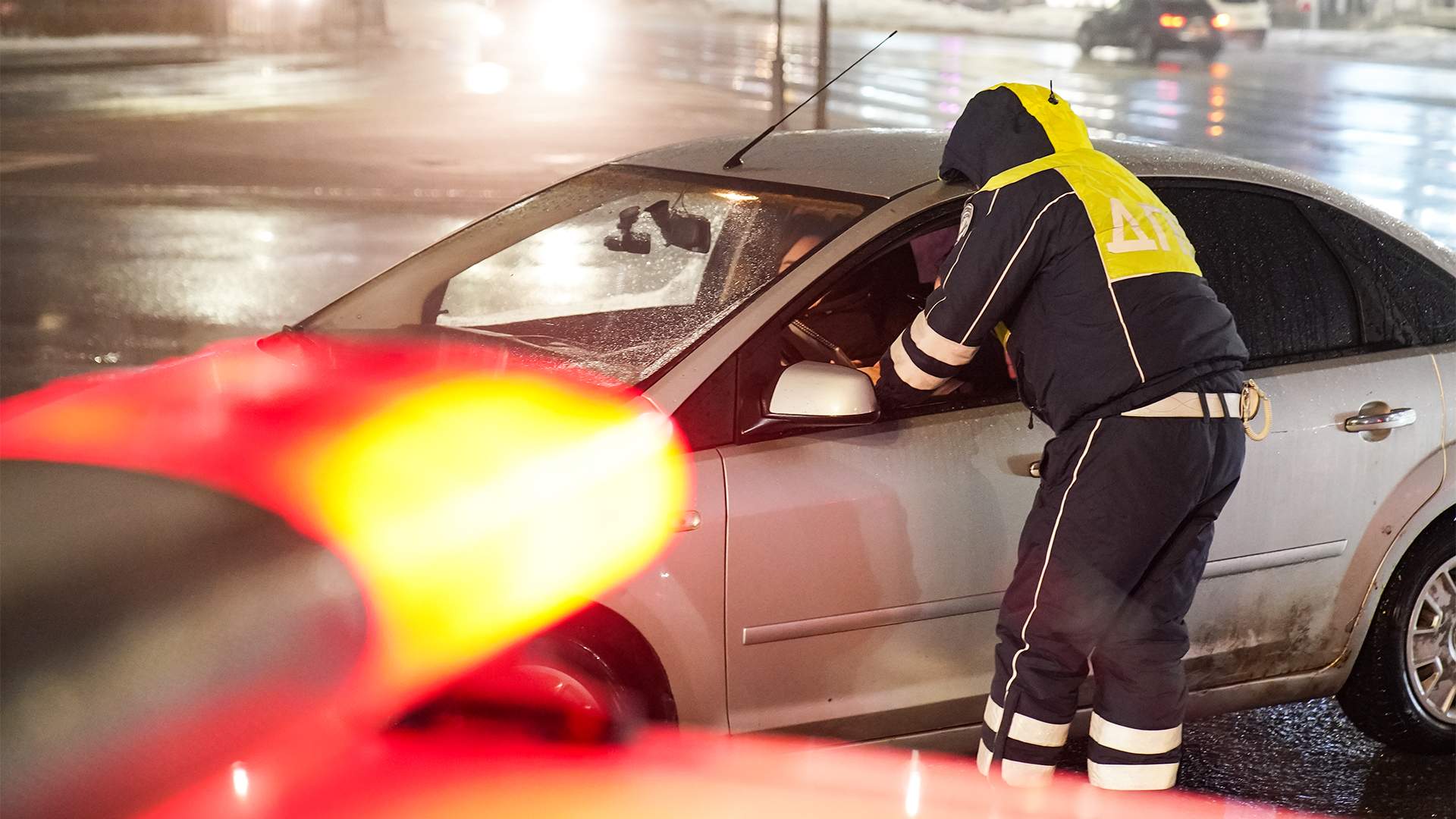Blow on vodka: simulant drivers will lose their licenses

A driver who repeatedly imitates exhalation during a sobriety test using a breathalyzer is considered to have refused an intoxication test. This is the conclusion reached by the Supreme Court of the Russian Federation. This will allow to prosecute drunk motorists, who, wishing to avoid punishment, in various ways try to deceive traffic police and narcologists, according to lawyers and human rights activists. Details - in the material "Izvestia".
Exhale and exhale
In March 2023 in the Arkhangelsk region, traffic police officers stopped a driver who had a characteristic odor of alcohol. The motorist refused to be tested with a breathalyzer, which the police offered him to breathe into, and demanded a medical examination by narcologists. However, even in the drug dispensary it was not possible to conduct sobriety control: as follows from the case materials, the driver "repeatedly imitated exhalations into the technical measuring device". He justified his actions by the fact that he suffers from bronchial asthma, and therefore could not pass a breathalyzer test.
After repeated unsuccessful attempts to conduct the test , narcologists indicated in the conclusion that the driver refused to undergo medical examination. On this basis, the magistrate's court deprived the motorist of his license for 1 year and 7 months, and also imposed a fine of 30 thousand rubles.
The driver did not agree with this decision and tried to challenge it first in the district and then in the cassation courts. However, the judges of these instances left the decision in force, so the motorist appealed to the Supreme Court of the Russian Federation.
Inaction equals refusal
After reviewing the case materials, the court concluded that the actions of the traffic police and narcologists were lawful, and the procedural order of medical examination was observed. At the same time, the court specified that, according to the explanations of the Constitutional Court of the Russian Federation of April 26, 2016, the refusal to comply with the legal requirements of an authorized official to undergo an examination can be expressed in any way: both in the form of action and inaction. In this case, inaction can be expressed in the fact that the person who undergoes examination "makes efforts that prevent the commission of this procedural action or exclude the possibility of its fulfillment."
"In view of the actual refusal of Ifanov (surname changed. - "Izvestia") to conduct a study of exhaled air for the presence of alcohol, there were no grounds for taking from him a biological object (urine or blood. - Ed.) to be sent for chemical-toxicological studies," reads the Supreme Court ruling.
The court also examined the video of the examination procedure, on which the driver repeatedly takes full breaths of air without any consequences for his condition. At the same time on the instructions of the traffic police officer about the need to produce exhalation into the alkotester, and not breath "answers calmly without any signs of suffocation and deterioration of health", noted in the case materials.
"The arguments that [the driver] did not have the physical ability to perform exhalations, given that the presence of this disease [asthma] in itself is not an obstacle to passing the examinations, are groundless," the Supreme Court ruling said.
As a result, the Supreme Court of the Russian Federation dismissed the motorist's complaint and upheld the decisions of the lower courts.
Evade responsibility
Manipulations, such as those committed by a motorist from the Arkhangelsk region with a breathalyzer, are not uncommon among drivers who are trying to avoid responsibility for drunk driving, said Sergei Radko, a lawyer of the movement "Freedom of Choice. Therefore, leaving in force the verdicts of lower courts, the Supreme Court took an adequate and reasoned decision, believes the lawyer.
- Obviously, if a person is conscious and breathing normally, he is quite capable of passing an intoxication test using a breathalyzer. In order for this device to record this or that result, a person does not need any superpowers: only one deep exhalation is needed. Since, as can be seen from the case materials, at the time of examination the driver does not experience choking attacks or any other manifestations of his illness, most likely, he is simply trying to avoid responsibility in this way, - said "Izvestia" Sergei Radko.
The decision of narcologists not to take blood or urine from the motorist for analysis is also legal, the lawyer notes. The current procedure of medical examination clearly indicates the situations in which such tests are carried out: if the breathalyzer test showed a negative result, but the driver has clinical signs of intoxication, as well as if the motorist is unconscious, for example, due to injuries received in an accident. Violation of this order just could be the basis for recognizing the results of the examination invalid, the lawyer believes.
The decision of the Supreme Court will allow to bring to responsibility drunk motorists-actors and drivers-simulants, believes the vice-president of the National Automobile Union (NAC) Anton Shaparin.
- Practice shows that in a number of cases some drivers show miracles of acting skills, trying to convince traffic inspectors of their innocence and trying in various ways to prevent them from proving the fact of drunk driving. The Supreme Court's decision makes such "acting" useless, thus allowing such "actors" to be held liable," the NAC vice-president told Izvestia.
Переведено сервисом «Яндекс Переводчик»






